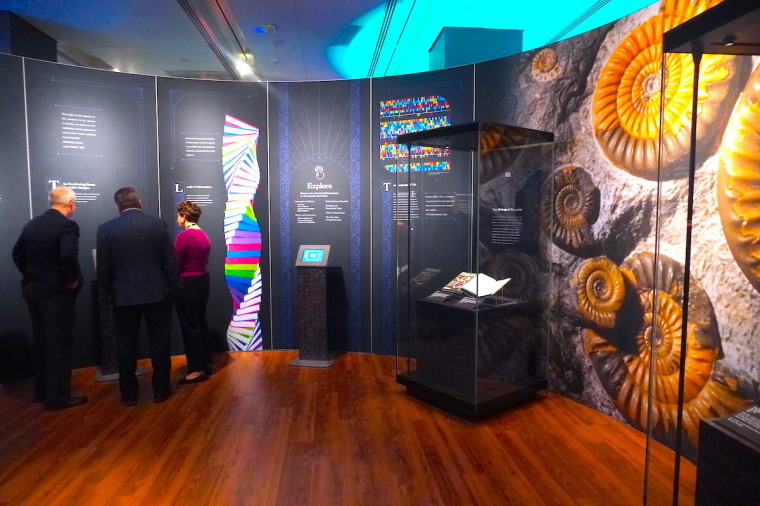Americans losing faith in science and scientists, but still value gov't investment in field: study

While a majority of Americans still have a great deal or fair amount of confidence in scientists and believe science has had a mostly positive impact on society, an increasing minority are expressing strong levels of distrust in scientists and the impact of their work on society, a new study from the Pew Research Center shows.
The study, which includes a survey of 8,842 U.S. adults, was conducted Sept. 25-Oct. 1. Researchers also found that despite the growing distrust of scientists and the impact of their work on society, a majority of Americans still value government investment in the field.
“Despite declines in ratings of scientists and science, a large majority of Americans continue to see government investments in science as worthwhile. And most place at least some importance on the United States being a world leader in scientific achievements,” Alec Tyson, associate director of Science and Society Research, and Brian Kennedy, a senior researcher at the Pew Research Center wrote.
Nearly 80% of Americans agree that government investments in scientific research are generally good for society.
In general, though, only 57% of Americans say science has had a mostly positive effect on society. This share is 8 percentage points lower than it was in November 2021 and 16 points lower than it was before the dawn of COVID-19.
Some 34% of Americans believe the impact of science on society has been equally positive as negative, while another 8% say the impact of science on society has been mostly negative.
Even though 73% of U.S. adults noted that they have a great deal or fair amount of confidence in scientists to act in the public’s best interests, researchers noted that since the early stages of the pandemic, trust in scientists has fallen 14%.
The share of Americans who said they have a great deal of confidence in scientists fell from 39% in 2020 to 23% today.
The share expressing the strongest level of trust in scientists — saying they have a great deal of confidence in them — has fallen from 39% in 2020 to 23% today, while some 27% of Americans say they have not too much or no confidence in scientists to act in the public’s best interests. That share was 12% in April 2020.
Confidence in medical scientists and scientists has shown a general decline, but researchers found it to be more pronounced among Republicans and Republican-leaning independents in recent years, researchers said.
Some 38% of Republicans “now say they have not too much or no confidence at all in scientists to act in the public’s best interests,” according to Pew.
While the study found the decline in confidence in scientists to be more pronounced in Republicans and Republican-leaning independents, the decline was also noticed among Democrats.
In November 2020, the share of Democrats and Democrat-leaning independents who had a great deal of confidence in scientists was 55%. That share is now 37%.
“But unlike Republicans, a large majority of Democrats (86%) continue to express at least a fair amount of confidence in scientists to act in the public’s best interests. The overall differences in partisan views remain much more pronounced today than they were prior to the coronavirus outbreak,” the researchers noted.
While 70% of Republicans said science had a mostly positive effect on society in 2019, less than half, or 47% of that group, now say the same. Some 69% of Democrats say science has had a mostly positive effect on society but that share is still 8% lower than it was in 2019.
Despite the declines in public confidence in scientists, 73%, and medical scientists, 77%, Americans still had more trust in them and their work than, public school principals, religious leaders, and police officers.
Among American adults, 69% expressed a great deal or fair amount of confidence in police officers, 65% in public school principals and 53% in religious leaders.
A majority of Americans also said they “have not too much or no confident at all” in journalists, business leaders and elected officials.
Contact: leonardo.blair@christianpost.com Follow Leonardo Blair


